Investigation: Facebook Usage, Narcissism, Self-Esteem, and Gender
VerifiedAdded on 2021/04/19
|15
|812
|47
Report
AI Summary
This report investigates the correlation between problematic Facebook usage, narcissism, and self-esteem in young adults, examining the role of gender. The study aims to determine if there is a negative correlation between problematic Facebook usage and self-esteem, a positive correlation between Facebook usage and narcissism, and significant gender differences across these variables. The research design employs a correlational approach with convenience sampling, using the Bergen Facebook Addiction Scale (BFAS), Narcissistic Personality Inventory (NPI), and a Self-Esteem Scale. The study includes a sample of 200 college students (100 males, 100 females) aged 18-25, analyzing data using Pearson’s Product moment correlation, regression analysis, and independent T-tests. The report details the methodology, variables, participants, inclusion and exclusion criteria, and ethical considerations, providing a comprehensive overview of the research design and expected outcomes.
1 out of 15
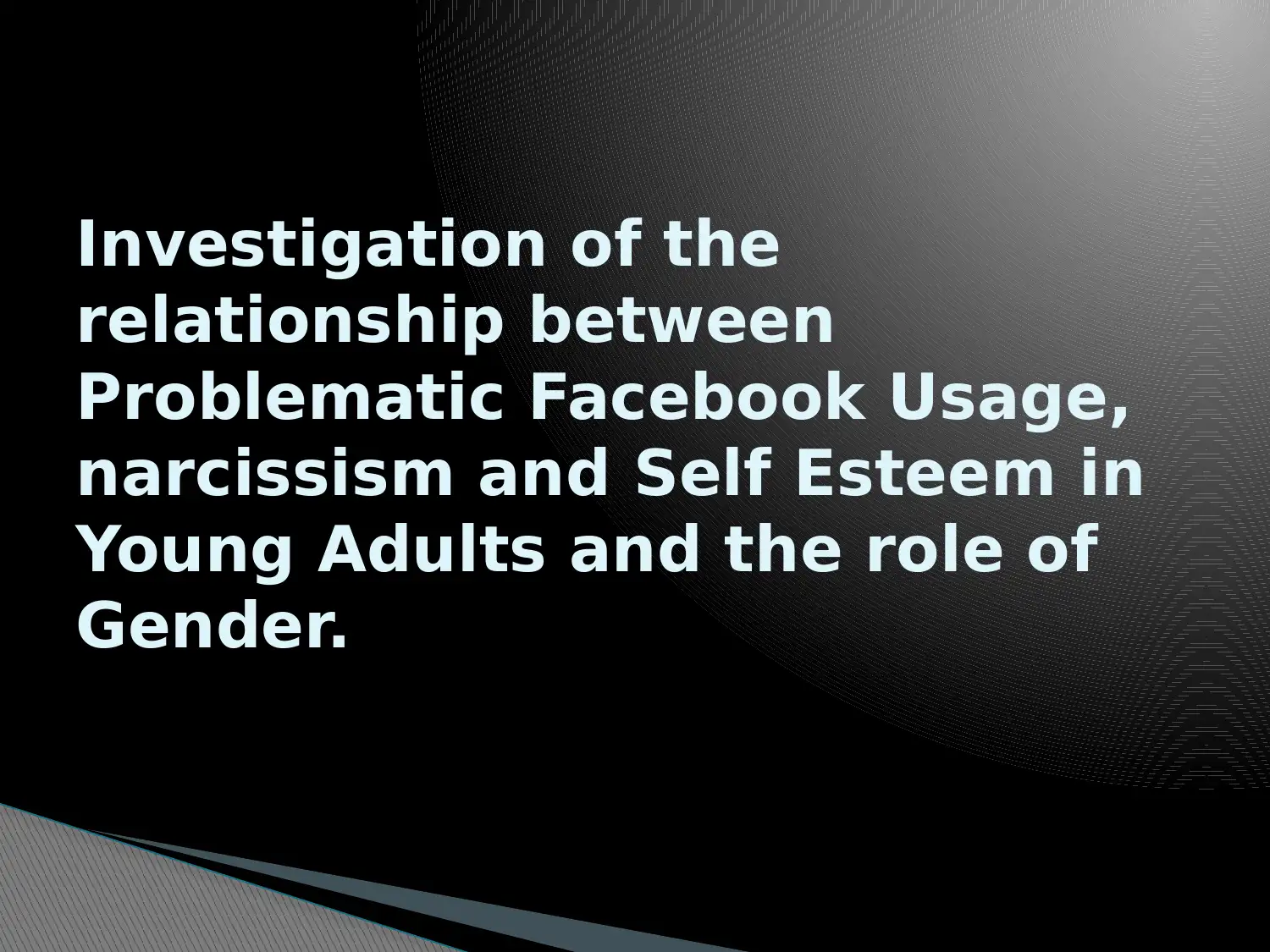
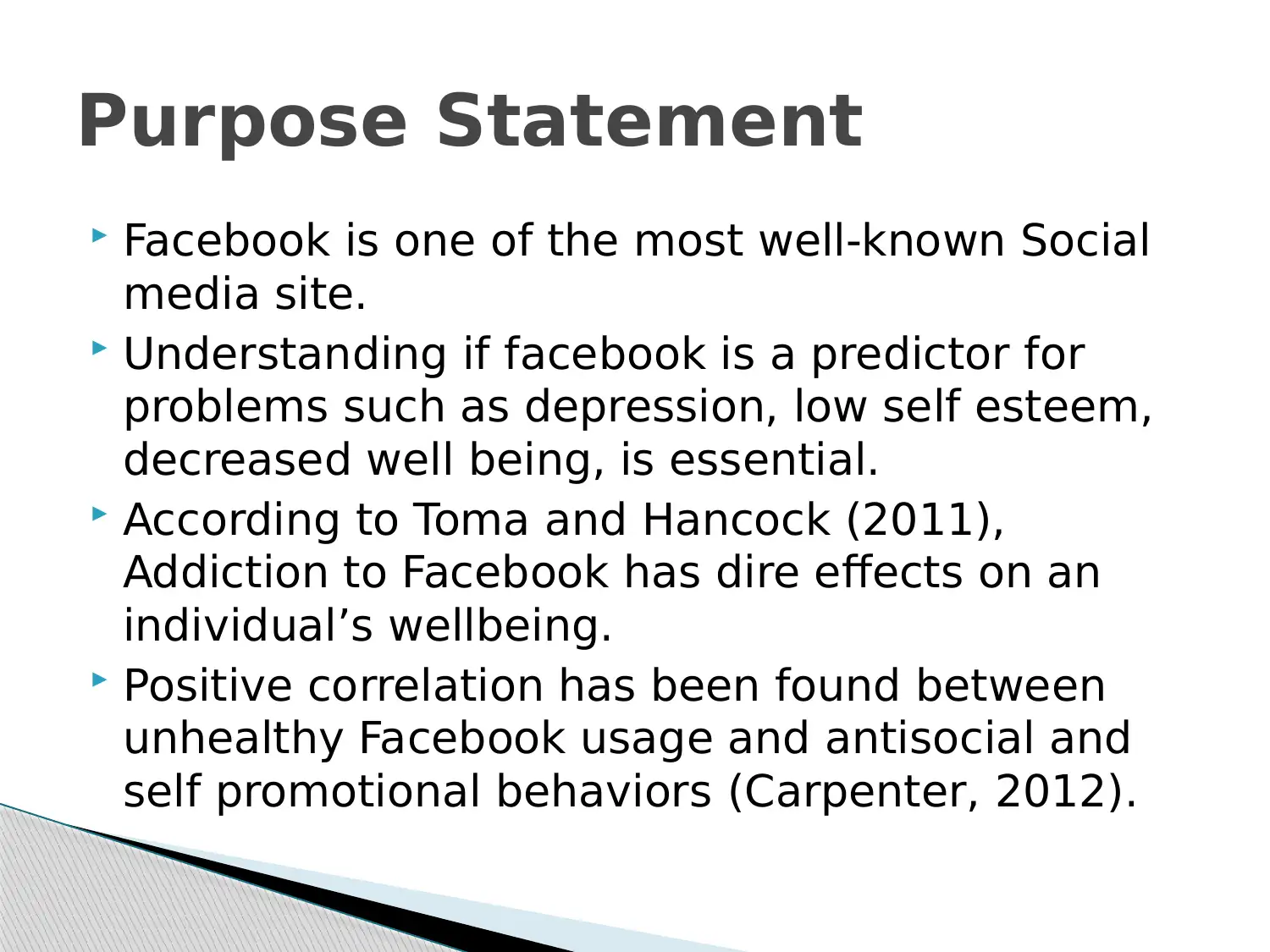
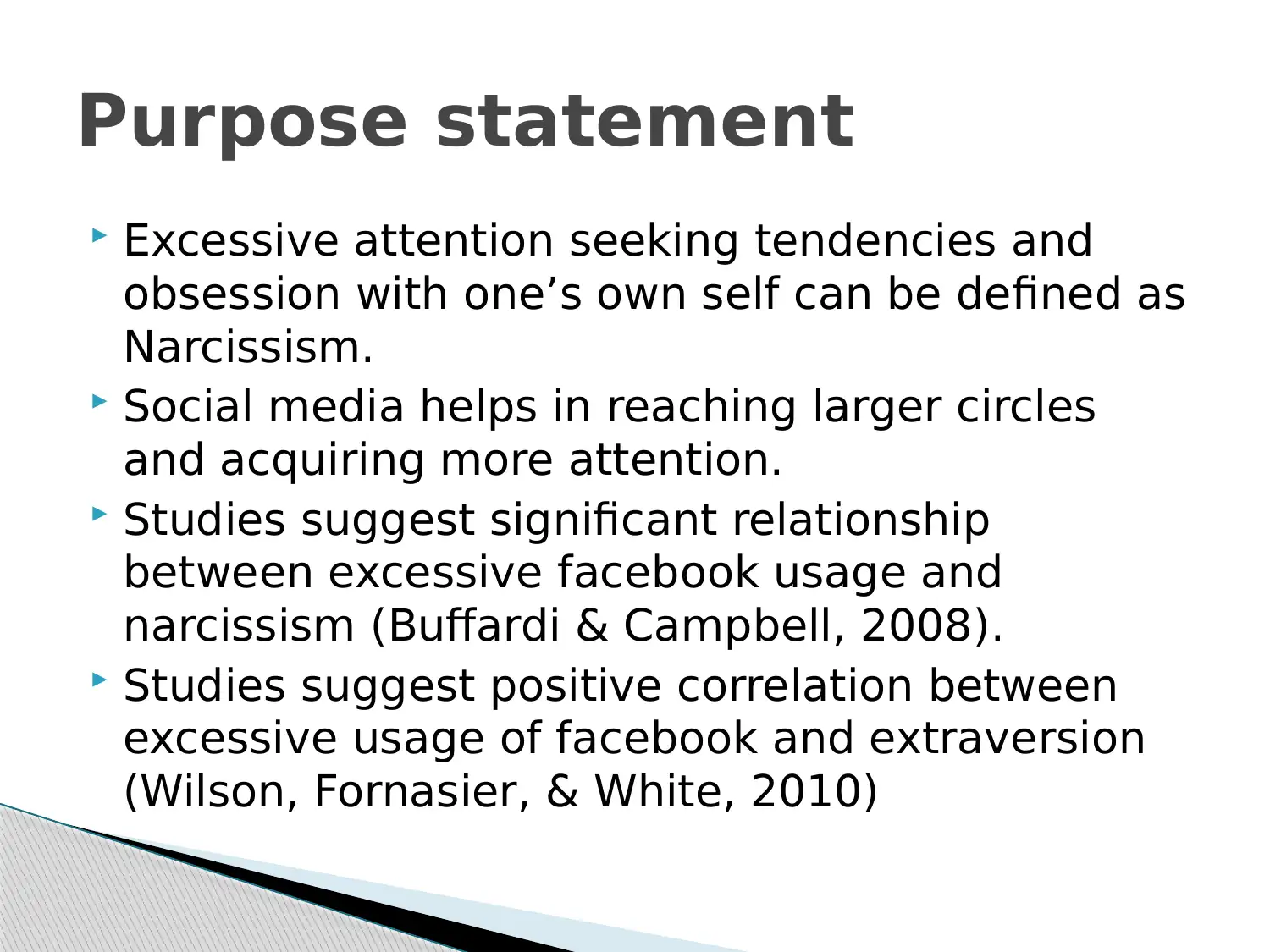

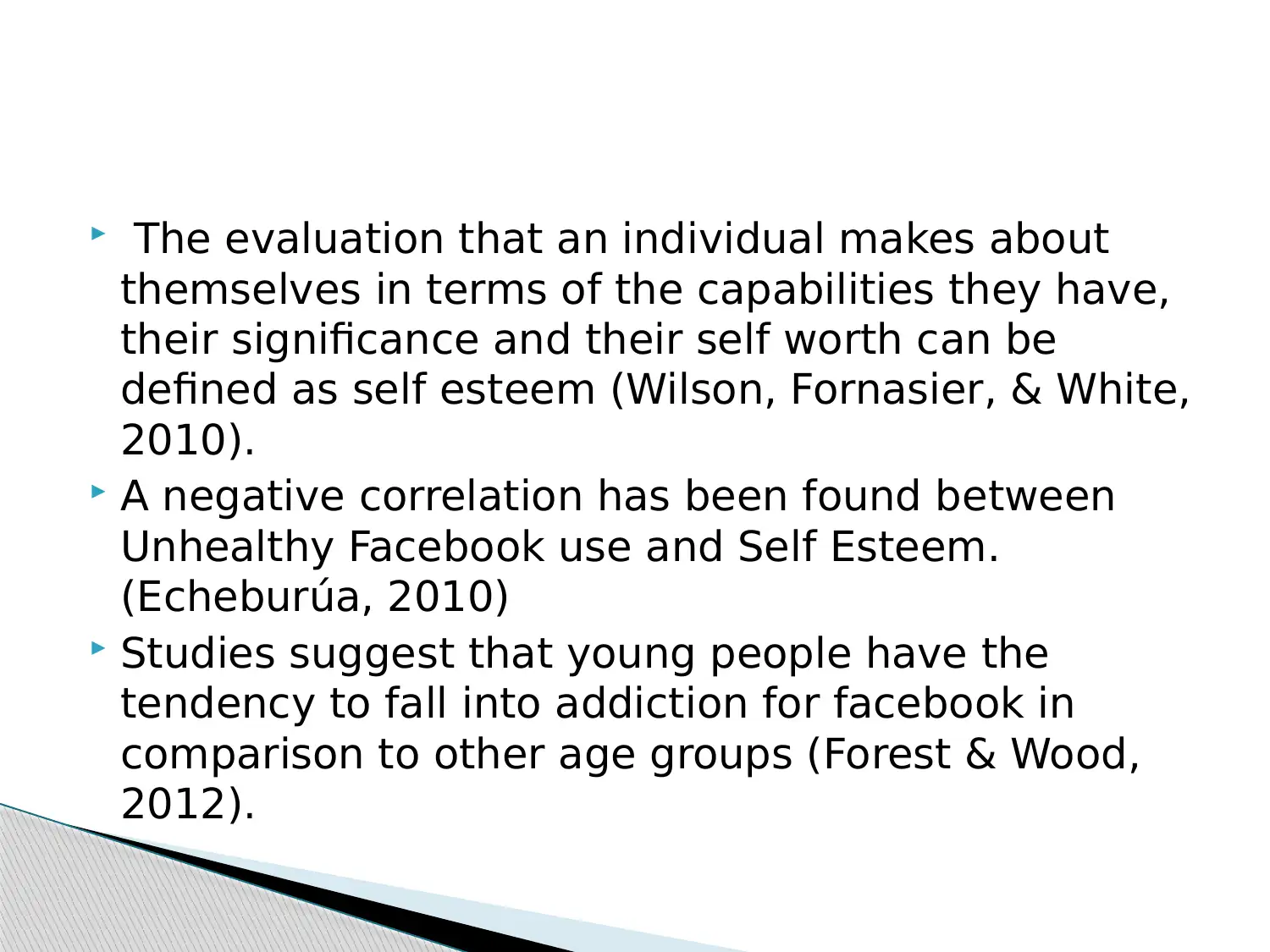
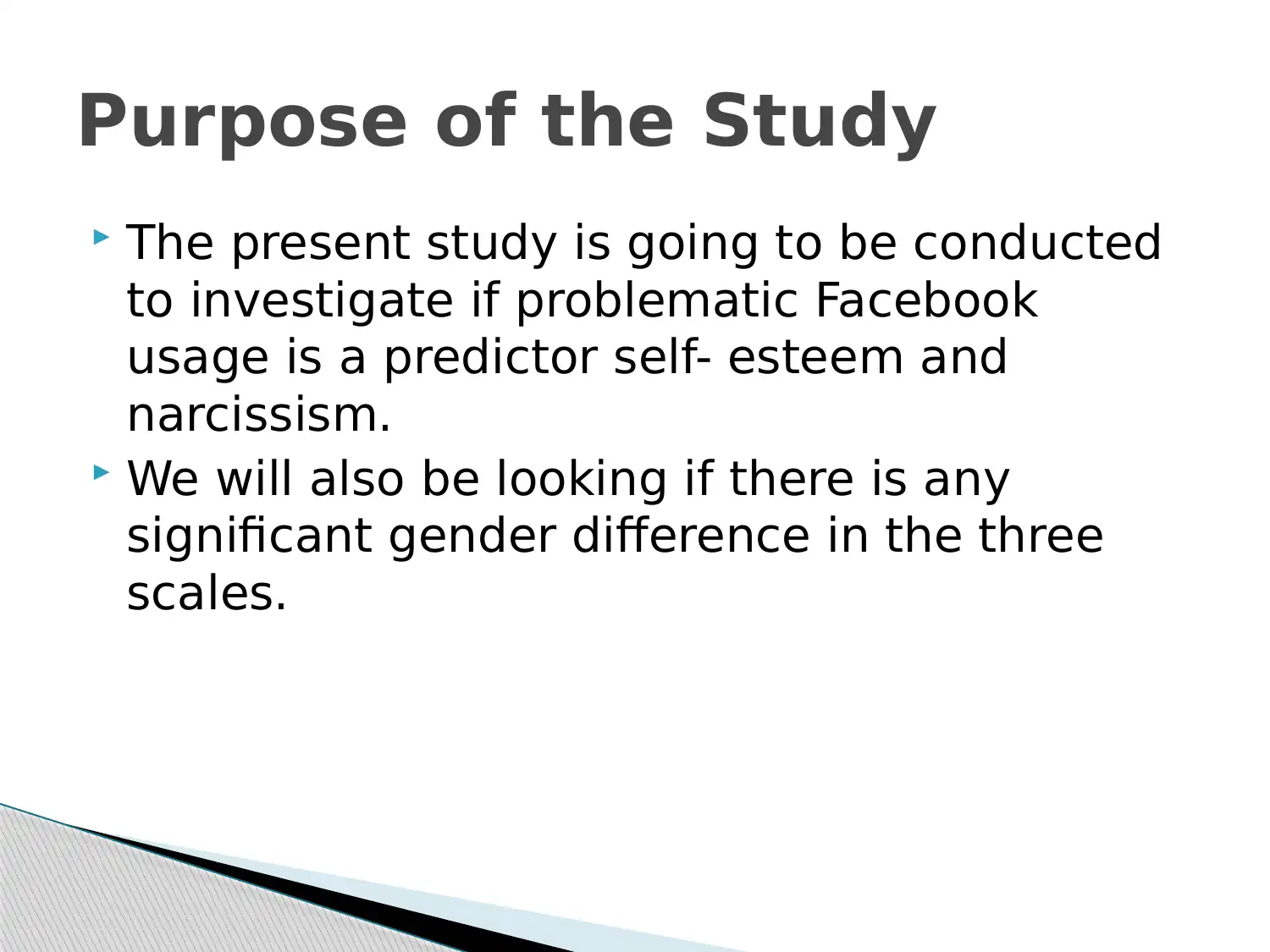
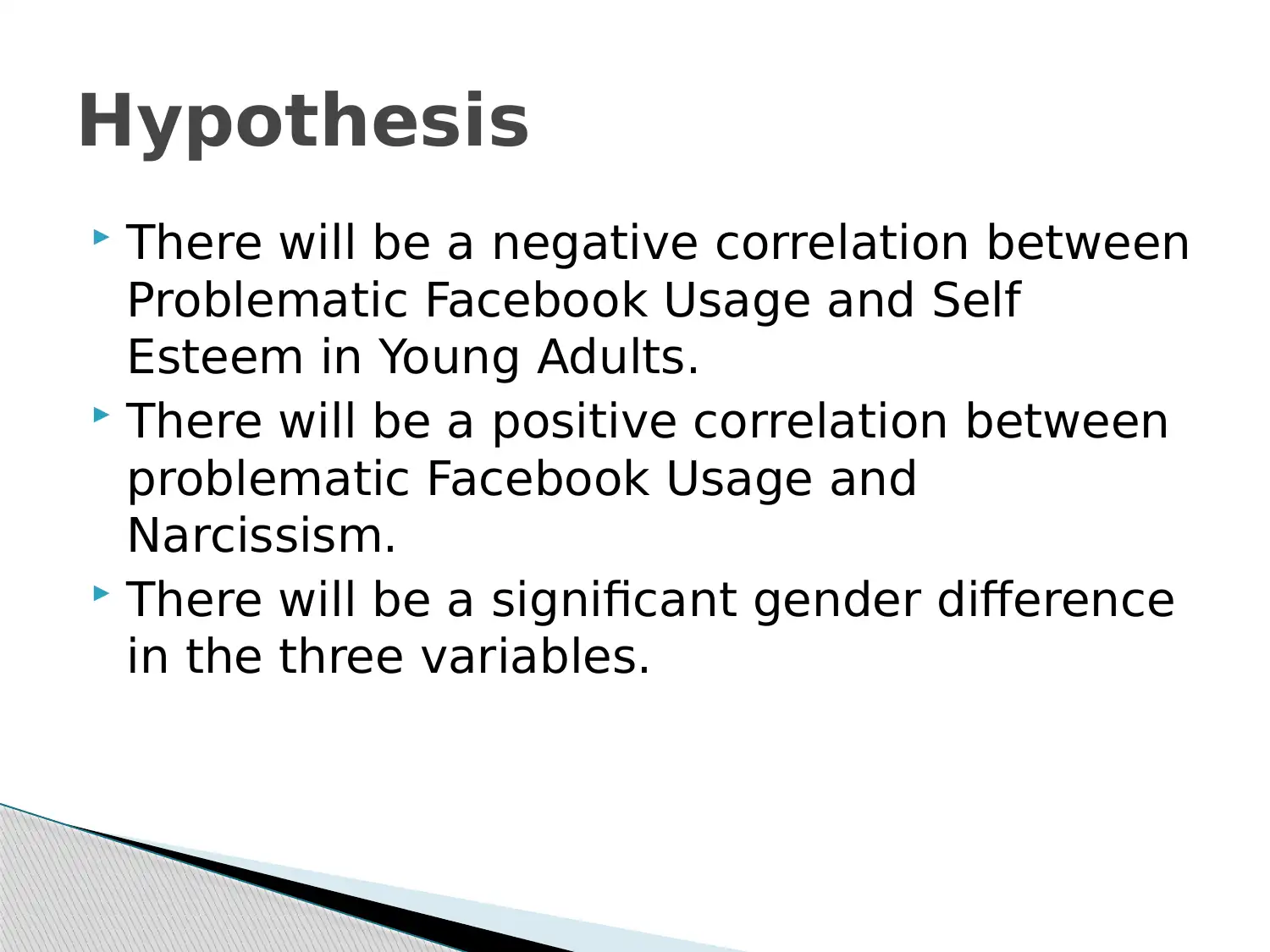
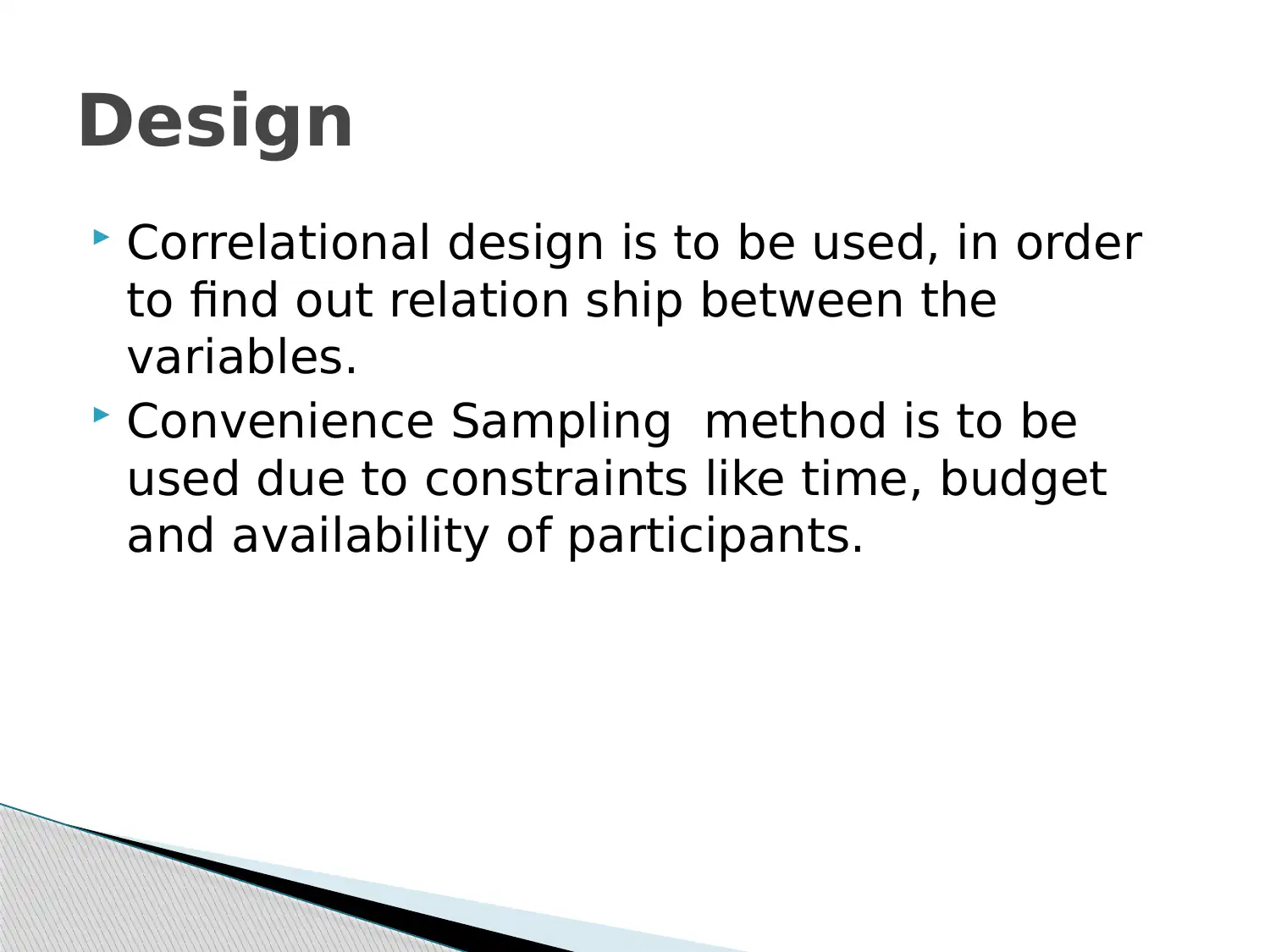
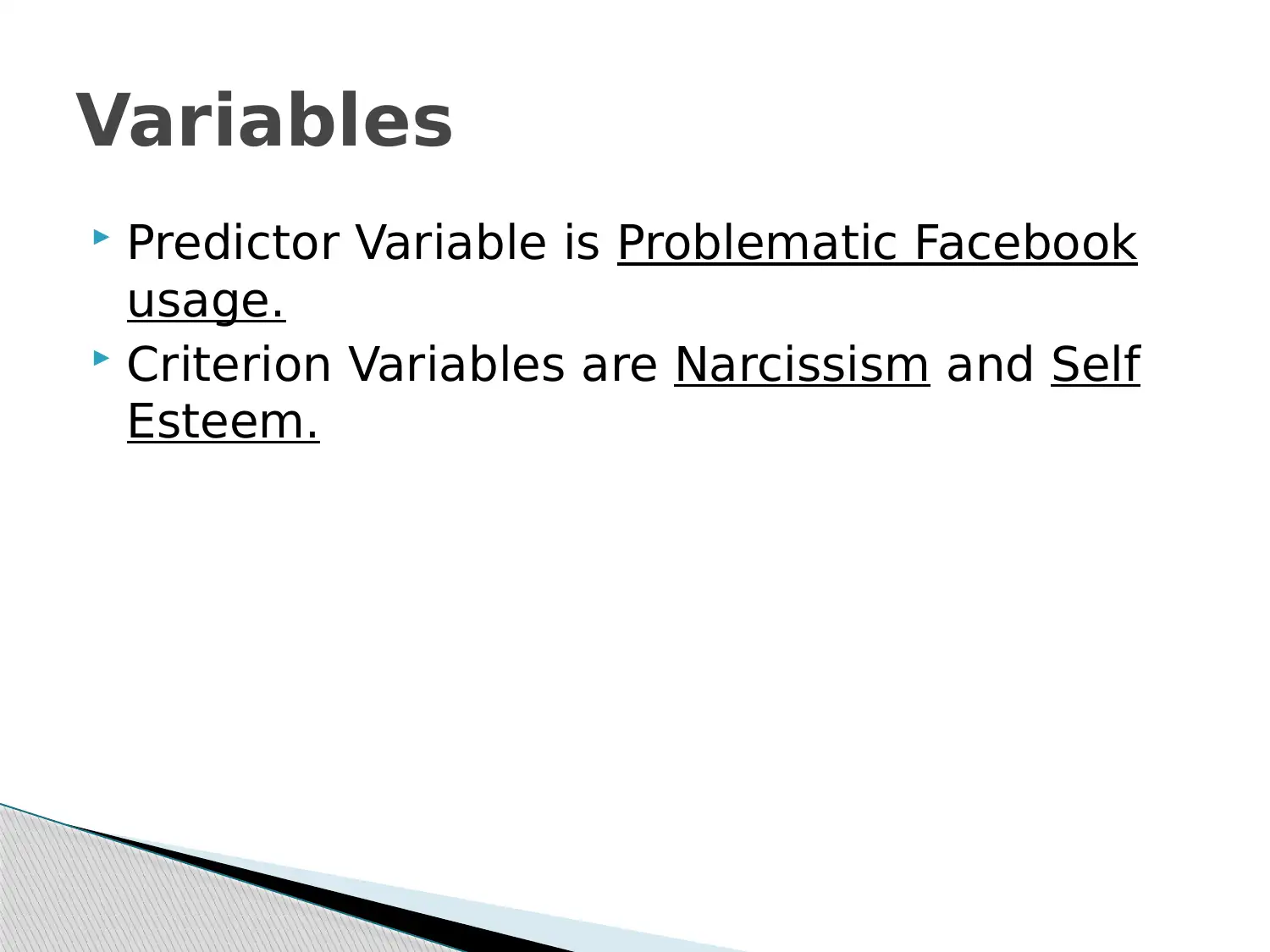
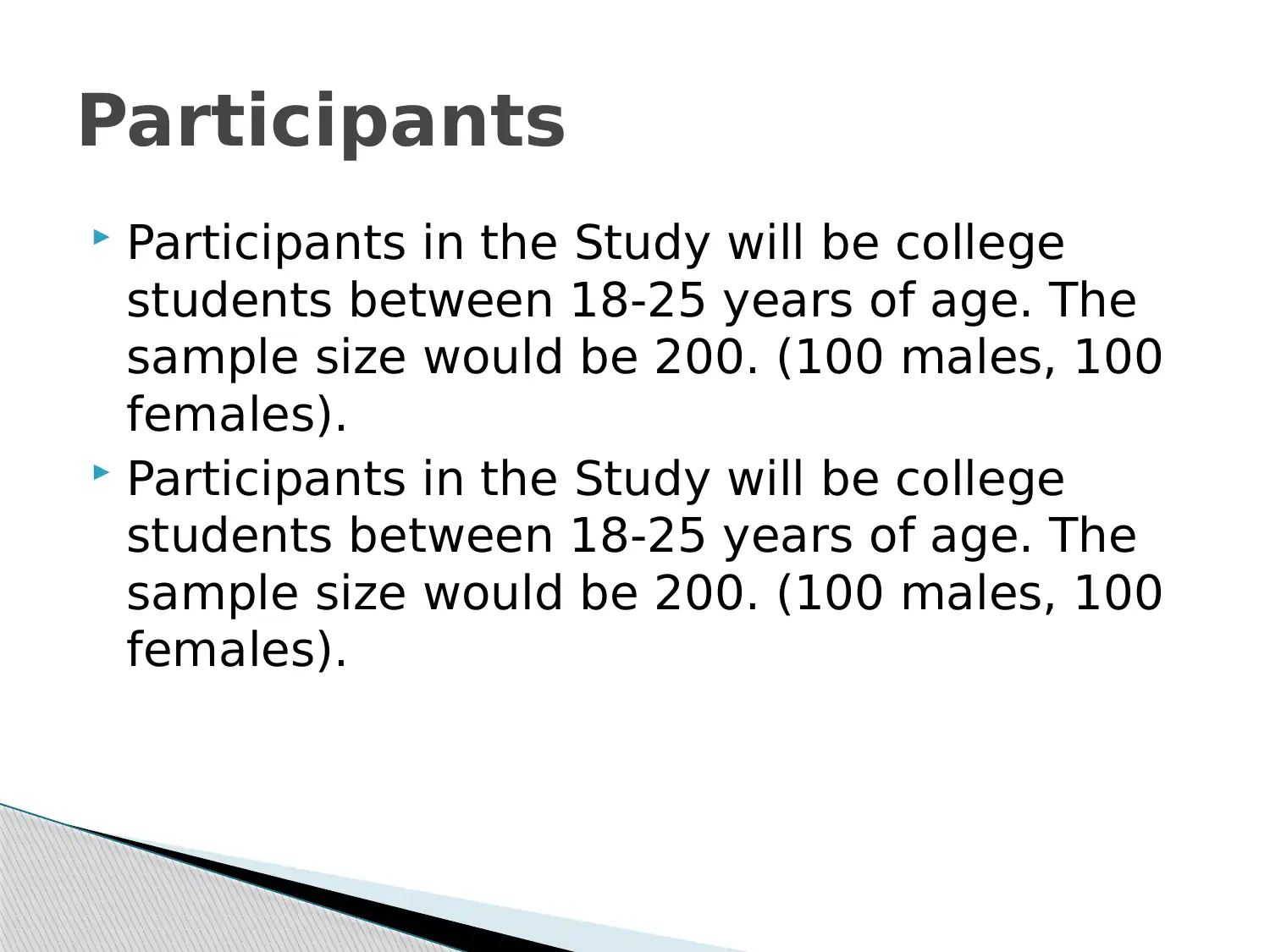
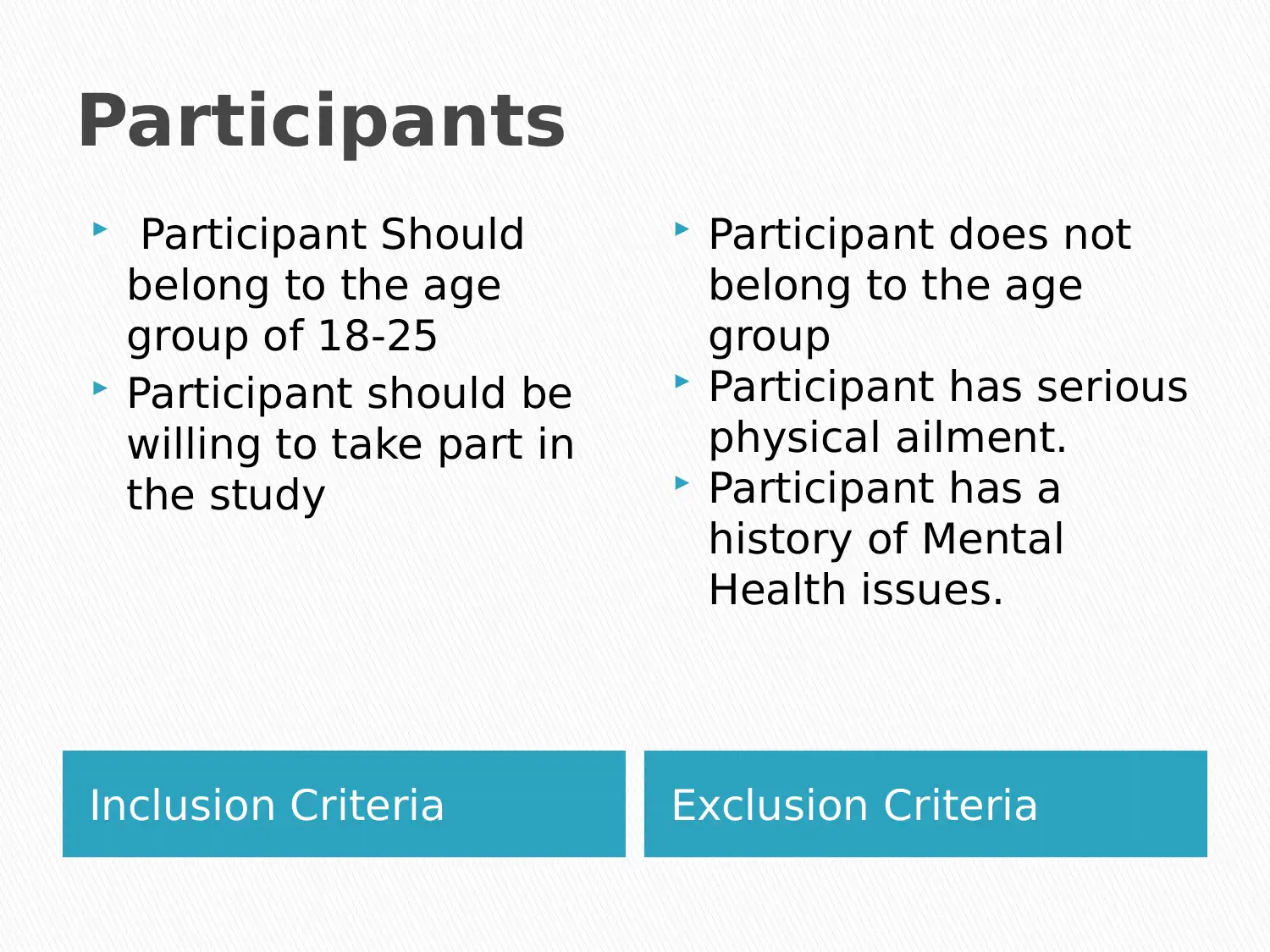
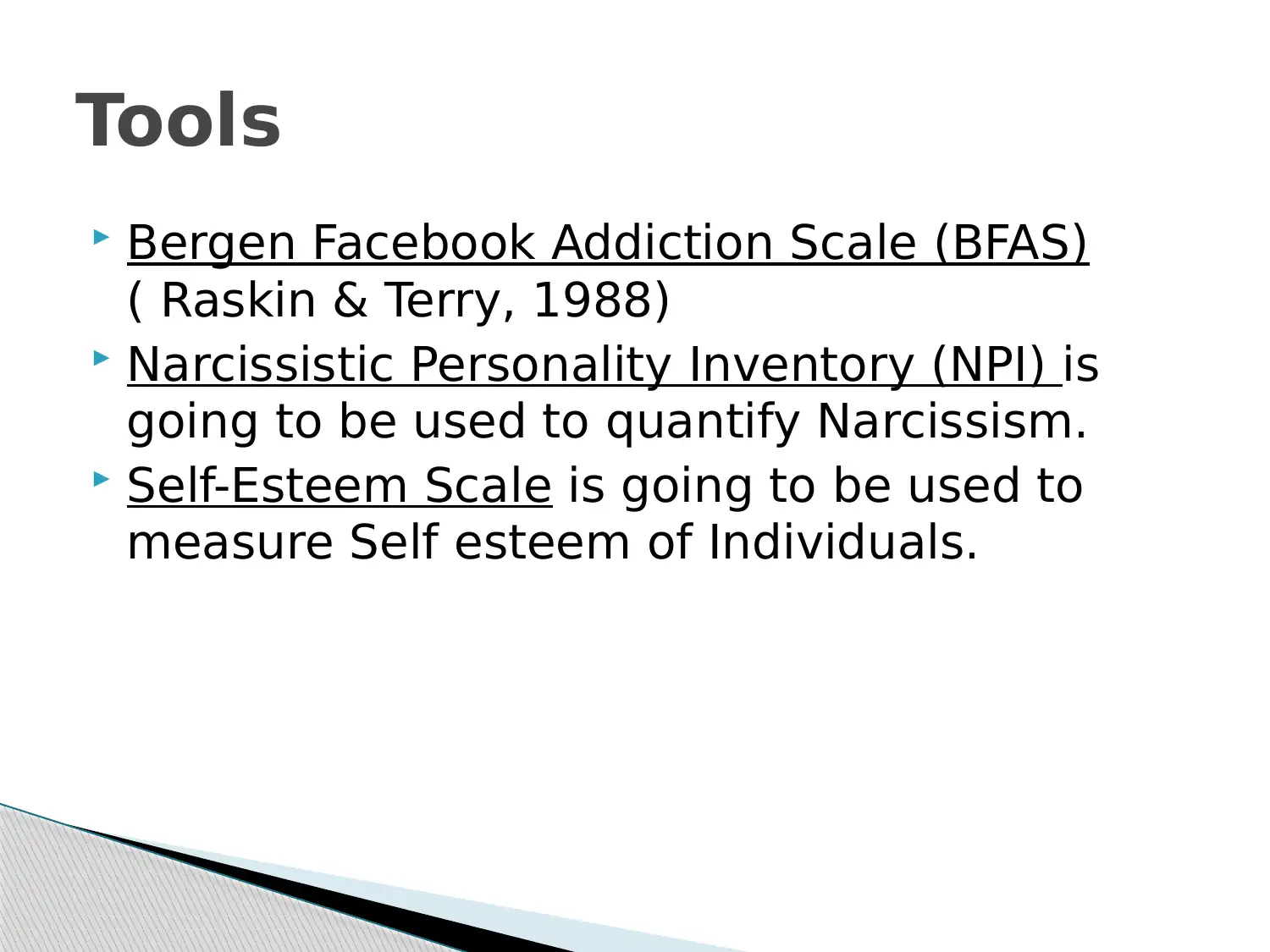
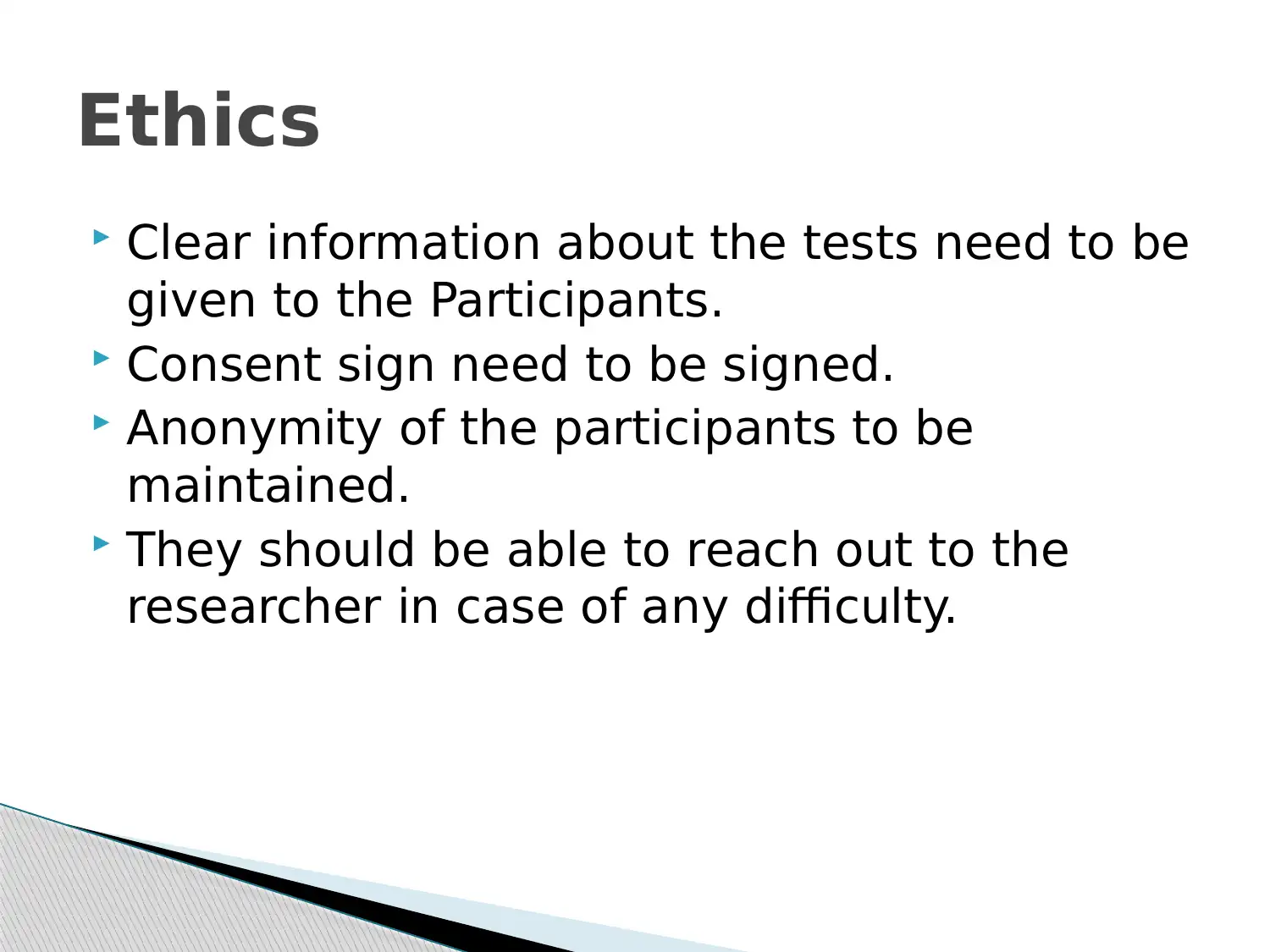


![[object Object]](/_next/static/media/star-bottom.7253800d.svg)